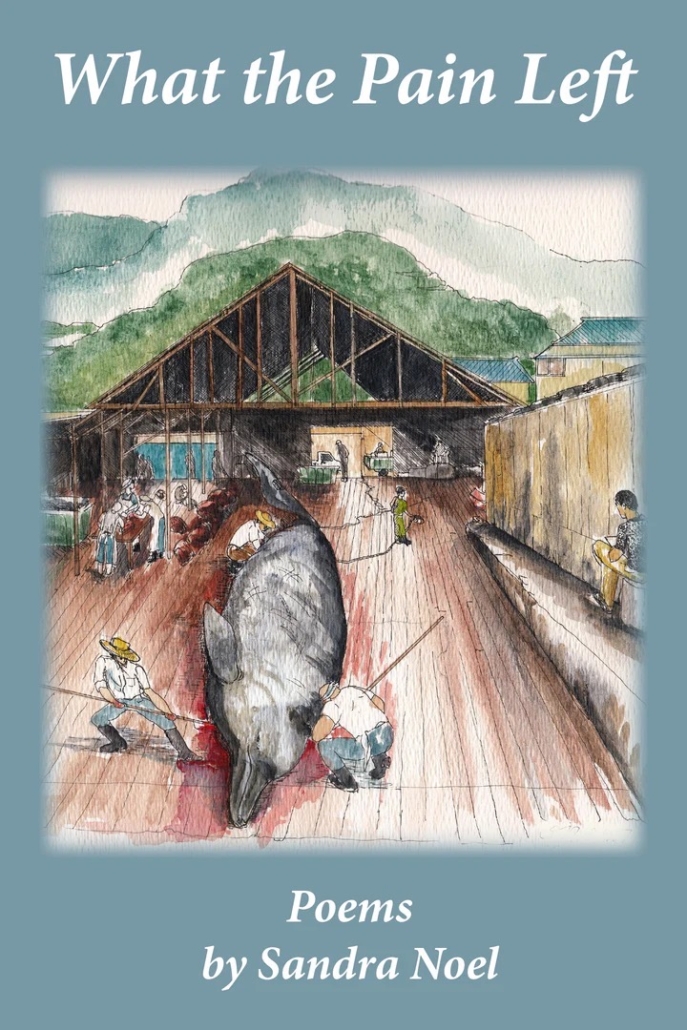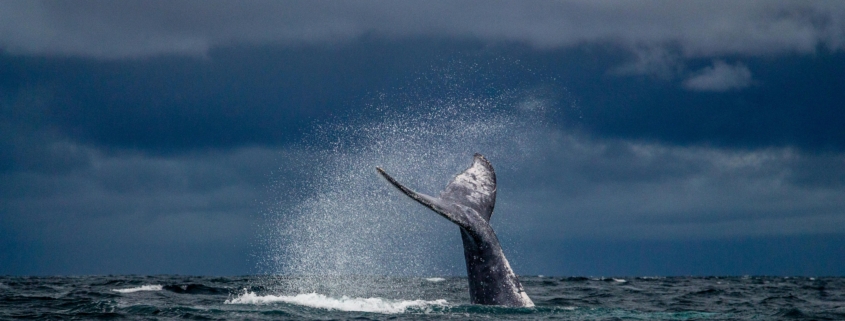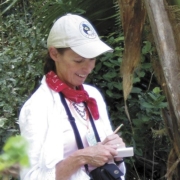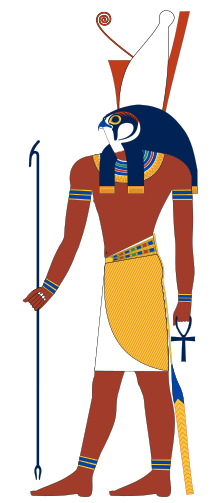Sandra Noel, WHAT THE PAIN LEFT
WHAT THE PAIN LEFT, Sandra Noel. Kelsay Books, 502 South 1040 East, A-119, American Fork, Utah 84003, 2024, 56 pages, $20 paper, Kelsaybooks.com.
Although it is always a pleasure to read poems by Vashon Island poet Sandra Noel, this book felt very different from the two I have previously reviewed, Hawk Land (2022) and The Gypsy in My Kitchen (2015). Dedicated to her husband, who died in 2022, What the Pain Left is painted from a different palette. Though crafted with Noel’s eye for detail, her heart for nature, here the “commotion / of silver-scaled abundance / falling from nets” in “Love and Marriage,” feels doomed from the start. In “We Speak About Death Over Burgers and Fries.” I was amazed at Noel’s poise in navigating the trajectory of this book, encompassing a 40-year history: courtship to death and out the other side, alone.
I will catch you
or we will fall together
maybe there is another level
in this warren
a way out of the labyrinth.end lines from “Down the Rabbit Hole”
Of course there is no other way out of life, and perhaps that’s why the poems are often spare, more spare than I’ve  noticed in Noel’s previous books. They are tender with feeling, and accessible; for the most part, Noel omits punctuation, placing together lines about a heron abruptly with “tragedies / float noisily by” (“In the Shadows”). Unexpected capital letters intrude, and exclamation marks. All of which seem to be insisting on making sense of what feels senseless, an illness, ineffectual treatment, and untimely death. This praise from the back cover, felt apt:
noticed in Noel’s previous books. They are tender with feeling, and accessible; for the most part, Noel omits punctuation, placing together lines about a heron abruptly with “tragedies / float noisily by” (“In the Shadows”). Unexpected capital letters intrude, and exclamation marks. All of which seem to be insisting on making sense of what feels senseless, an illness, ineffectual treatment, and untimely death. This praise from the back cover, felt apt:
Part diary, part love letter, Noel’s humor, gratitude, and self-awareness keep these poems honest and truly from the heart. –Katy E. Ellis
The cover art is by Sandra Noel, herself, a watercolor painting of Gaibo Whaling Station, Wadaura, Chiba Prefecture, Japan. In the poem, “Love and Marriage,” the whaling station provides a metaphor—at least, so I thought—for the messiness of life:
Love and Marriage
Every morning
we walked to the whaling station
bought hot sweet coffee in cans
from a machine on the street
too early for the sun but not the market
as vendors shoveled crushed ice
into large blue bins
and elegant fishing boats glided
alongside the dock
their holds full and ready to disgorge.As we sipped our coffee
arm in arm
I listened to the talk of local women
understanding nothing
and everything as women do.Then I saw your sea blue eyes
bright with promise
the same way you looked at me
gazing over that commotion
of silver-scaled abundance
falling from nets onto the dock
into the waiting bins of ice
and hopeful buyers with their yen
fish sorted from fish
squid, octopus, sea squirts
and smaller, even stranger creatures.You pushed me forward
when the crowd thinned out
kneeling, picked up wriggling globs
telling me their scientific names
as my eyes wandered to seabirds
frenzied by the blood and entrails
where women cleaned fish in seawater
then, over your beautiful shoulders
to the sea, bright blue
the great Eastern Sun slowly rising
turning the bay into liquid gold.“Are you listening to me!?”
“Yes,” I said, “Yes of course!”
and when I think of that first lie
I remember all the others
the kind that make a marriage work
but destroy a love affair.—Sandra Noel
Notice how the lack of punctuation makes some lines ambiguous. Is it the local women who understand nothing, as women do? or is it the I, listening, who understands nothing? The latter interpretation makes, “Then I saw your sea blue eyes” a kind of homecoming, a moment of pure understanding. That the poem’s ending feels unresolved, or imperfectly resolved (going on a couple beats too long, or cut short?), is a simulacrum of a life ended too soon, and part of what makes this collection of poems so moving.
You can learn more by visiting Noel’s website, Noel Design. Or visit her book page at Kelsay Books.







Leave a Reply
Want to join the discussion?Feel free to contribute!